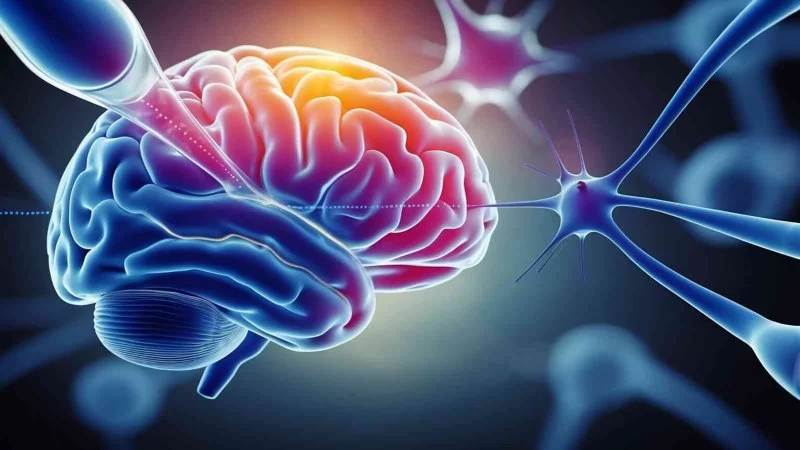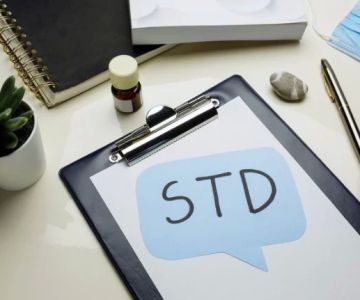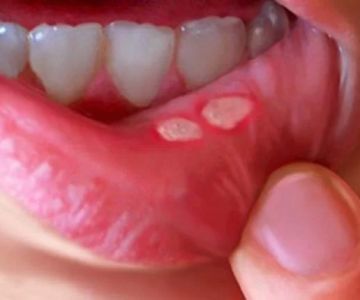
1. Understanding Dopamine’s Role in Parkinson’s Disease
Parkinson’s disease is a progressive neurological condition that primarily affects movement. It results from the death of dopamine-producing neurons in a region of the brain known as the substantia nigra. Dopamine is a critical neurotransmitter involved in regulating motor control, mood, and various other brain functions.
As dopamine levels decrease, symptoms like tremors, stiffness, slowness of movement, and balance problems start to emerge. Naturally, one might assume that replacing dopamine directly through oral medication could solve the issue—but it’s not that simple.
2. Why Oral Dopamine Doesn’t Work in Parkinson’s Treatment
Despite how logical it might seem to take dopamine in pill form, the reality is that oral dopamine is ineffective for treating Parkinson’s disease. The main reason? The blood-brain barrier (BBB).
2.1. The Blood-Brain Barrier Explained
The blood-brain barrier is a highly selective membrane that protects the brain from harmful substances circulating in the bloodstream. Unfortunately, this protective system also prevents many beneficial drugs—including dopamine itself—from entering the brain.
Dopamine molecules are too large and polar to cross this barrier when administered orally. So even if someone ingests a dopamine tablet, it will be broken down in the digestive system and bloodstream long before it ever reaches the brain.
3. The Scientific Basis: Dopamine vs Levodopa
Because oral dopamine can’t cross the blood-brain barrier, researchers and neurologists found an alternative—levodopa. Levodopa is a precursor to dopamine. Unlike dopamine, levodopa can cross the blood-brain barrier and once inside the brain, it’s converted into dopamine by the enzyme aromatic L-amino acid decarboxylase.
3.1. Why Levodopa Works
Levodopa bypasses the blood-brain barrier's restrictions due to its molecular structure. This mechanism allows doctors to effectively raise dopamine levels inside the brain, helping reduce Parkinson’s symptoms. When levodopa is paired with carbidopa (a drug that prevents levodopa from being broken down too early), the result is improved efficacy and fewer side effects.
4. Real-Life Example: A Patient’s Journey
Take the case of Mr. Allen, a 67-year-old former school principal diagnosed with Parkinson’s five years ago. In the early stages, he experimented with over-the-counter supplements claiming to “boost dopamine naturally.” Some even contained trace amounts of dopamine. But none provided real symptom relief.
After consulting a neurologist, he was prescribed carbidopa-levodopa. Within weeks, his tremors were noticeably reduced, and his ability to walk and write improved. The change wasn’t miraculous, but it was measurable. “I learned that understanding how the brain actually works was more helpful than any quick fix,” Mr. Allen shared during a support group meeting.
5. The Myth of Dopamine Supplements
Many wellness blogs and social media platforms promote dopamine-boosting foods or supplements, claiming they can help Parkinson’s symptoms. While certain nutrients can support general brain health, they cannot replace clinical-grade dopamine therapy.
5.1. The Dangers of Self-Medication
Unregulated dopamine pills or supplements can cause side effects such as nausea, high blood pressure, and even psychological disturbances. Worse yet, relying on ineffective supplements delays proper treatment and worsens disease progression. This is why patients should always work with licensed neurologists and rely on FDA-approved therapies.
6. The Importance of Neurological Evaluation
Proper Parkinson’s treatment isn’t just about taking a pill—it’s about understanding the disease’s progression and how different therapies work at different stages. A qualified neurologist will evaluate symptoms, imaging, and bloodwork to decide when to start medications like levodopa or other dopamine agonists.
Other therapies like MAO-B inhibitors, COMT inhibitors, or deep brain stimulation may also be used in conjunction, depending on the patient’s needs.
For those unsure where to begin, our trusted platform, Family Dentistry Online, offers professional service connections, even in neurology and holistic brain health care, to help guide you to the right provider.
7. The Future of Dopamine Delivery
Though current technology limits the use of oral dopamine, researchers are exploring alternative delivery methods. Intranasal delivery systems, targeted nanoparticles, and stem-cell therapies are under development. Some experimental treatments aim to bypass the blood-brain barrier entirely or deliver dopamine-producing cells directly into the brain.
These advances offer hope, but as of now, the science remains clear—oral dopamine does not treat Parkinson’s disease because it cannot reach where it’s needed: the brain.







 Westgate Dental Arts3.0 (2 review)
Westgate Dental Arts3.0 (2 review) Coventry Family Dental4.0 (247 review)
Coventry Family Dental4.0 (247 review) Familia Dental3.0 (1028 review)
Familia Dental3.0 (1028 review) Dr. Daniel S. Fife, DDS4.0 (31 review)
Dr. Daniel S. Fife, DDS4.0 (31 review) Dentistry At Suburban Square: Michael I. Wollock, DMD4.0 (1228 review)
Dentistry At Suburban Square: Michael I. Wollock, DMD4.0 (1228 review) Comfort Care Dental4.0 (1156 review)
Comfort Care Dental4.0 (1156 review) The Importance of Oral Health Education During Pregnancy for a Healthy Pregnancy
The Importance of Oral Health Education During Pregnancy for a Healthy Pregnancy Why Skipping Dental Checkups Can Lead to Bigger Oral Health Problems
Why Skipping Dental Checkups Can Lead to Bigger Oral Health Problems Best Tips for Brushing Your Teeth Properly for Healthy Gums: Essential Techniques for Oral Health
Best Tips for Brushing Your Teeth Properly for Healthy Gums: Essential Techniques for Oral Health Advantages of Porcelain Dental Restorations
Advantages of Porcelain Dental Restorations How Can Diabetes Cause Tooth and Gum Problems? Preventing and Managing Oral Health Issues
How Can Diabetes Cause Tooth and Gum Problems? Preventing and Managing Oral Health Issues Healthy Habits for Promoting Good Oral Health and Hygiene: Tips for a Healthy Smile
Healthy Habits for Promoting Good Oral Health and Hygiene: Tips for a Healthy Smile